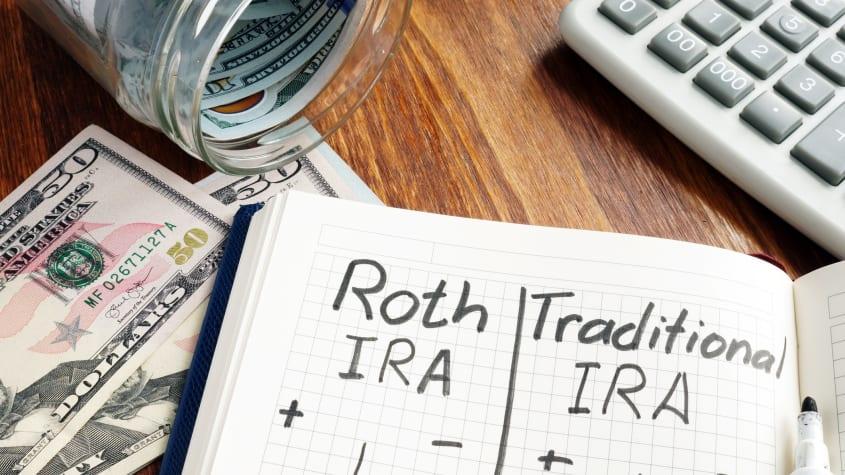Inflation is driving the headlines and wreaking havoc on budgets. But for long-term investors – mostly everyone – short-term inflation isn’t the biggest risk to financial plans. Volatility is. It’s being fueled by the Federal Reserve’s efforts to balance bringing down inflation with keeping the economy out of recession.
The Fed is raising the key short-term interest rate to slow economic growth. This makes money more expensive, which you know first-hand if you have a credit card account or you’ve tried to buy a home or refinance an existing mortgage.
The reason this is generating volatility is that markets hate uncertainty. Markets are forward-looking and attempt to price into stocks and bonds today, things that will likely happen in the future. The issue is that the Federal Reserve can’t tell the markets in advance exactly how much and when they will raise interest rates because it’s a delicate task depending on a lot of ever-changing economic data. And let’s be honest, probably some guesswork.
Fed Chairman Powell, and the Fed governors, have been examples of message discipline. They’ve been doing everything they can to reassure markets. But while markets may be rational, investors aren’t.
So, as an investor, how do you cope with volatility? We have some pointers.
Don’t Stop Thinking About Tomorrow
Sorry Fleetwood Mac, but this is no time for dreams. Despite market volatility, you need to keep saving, particularly for long-term goals like education, retirement, or healthcare later in life. These types of savings are tax-advantaged, so you aren’t just putting money away, you’re lowering your taxable income – and taxes – in the year you make contributions.
- 529 plans grow tax-free and may have state tax benefits
- 401(k) and IRA savings should still be maximized, but dollar-cost average into these investments
- Health savings accounts (HSAs) are triple-tax advantaged – they reduce your income, grow tax-free, and qualified withdrawals are tax-free
Diversification Matters More Than Ever
Inflation resulted from three things: stimulus to help the economy (and Americans) recover from the pandemic; disruptions to the supply chain; and a strong labor and wage market. This has been going on for a while, so you’ve likely already shifted your portfolio to relatively inflation-proof assets.
But if you haven’t, you should. This isn’t ending anytime soon, so choosing sectors that can keep up with inflation will put you in a stronger position. Inflation may be outpacing the income generated by the bond portion of your portfolio, but remember that bonds may have a role to play in reducing volatility. Bonds are struggling this year as interest rates rise, but over the long term they generally have lower volatility than equities, which can help to smooth your portfolio returns.
Will This Matter in Five Years?
It may be a wellness cliché, but it’s a good way to think about managing emotion now for long-term investors. It’s painful to look at statement balances. But history tells us that markets do recover. While it may not be as quick as 2020 since the Federal Reserve is no longer supporting the markets, over the long-term downturns are followed by gains. If you stay in the market, your persistence will likely be rewarded. If you sell, you turn a paper loss into an actual loss.
One way to stay focused is to think about your goals. Your plan has likely incorporated your risk tolerance. This is the balance of the growth you want, with the drawdown potential you feel comfortable with. Your investments are mapped to your goals. If your goals haven’t changed, your investment strategy shouldn’t either.
The Bottom Line
Volatility isn’t comfortable for anyone. There’s a reason that the index that measures market volatility – the “VIX”– is called the “fear index.” But that doesn’t mean you have to succumb to it. Take stock of where you are, make changes to daily living to stay within your budget, and tune up your portfolio only where necessary.




